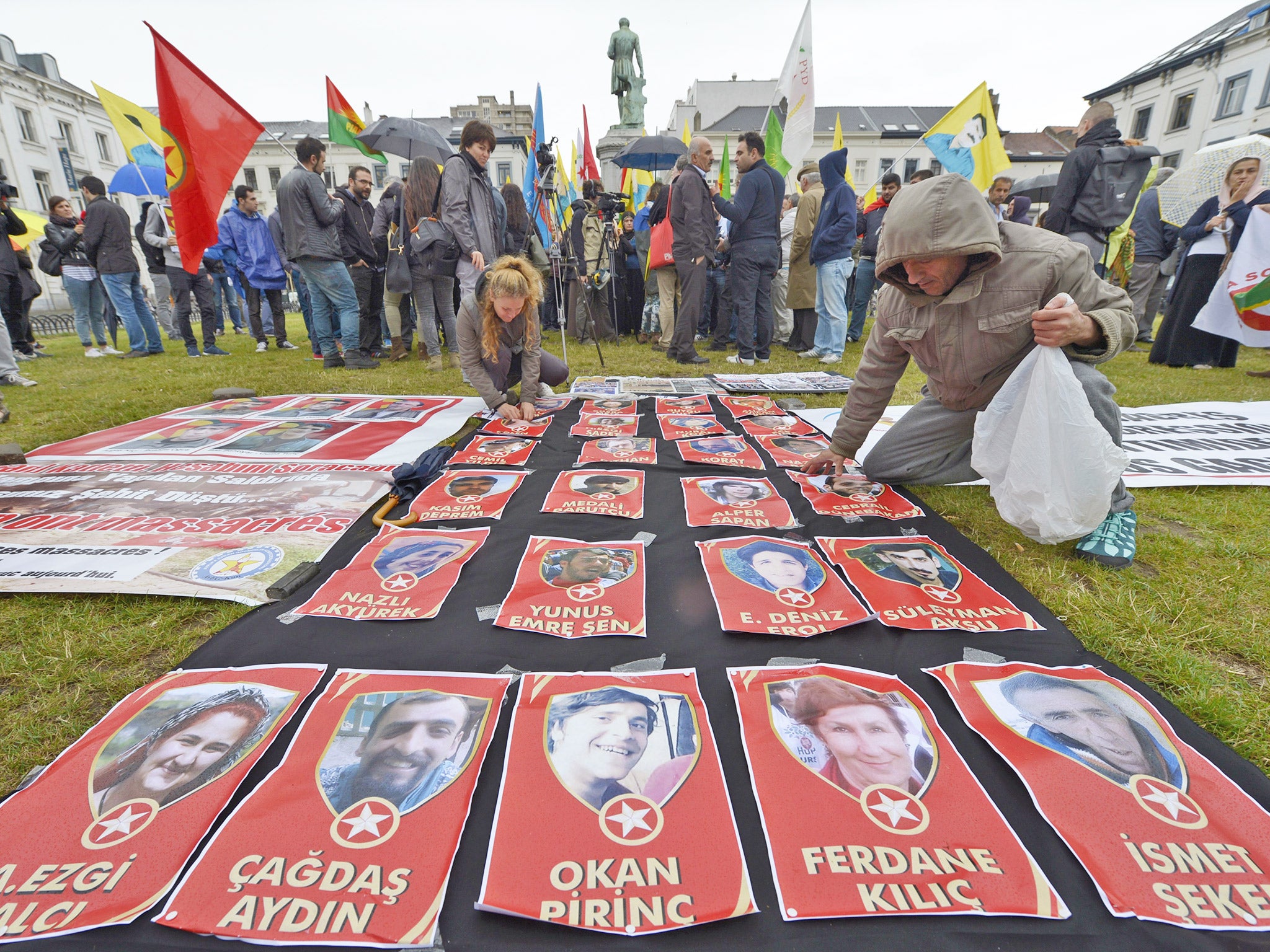Turkey's conflict with Kurdish guerrillas in Iraq can benefit Isis in Syria
Turkish President Recep Erdogan could benefit politically from the targeting of the PKK


So far the Turkish offensive against “terrorism” has been directed primarily against the PKK Kurdish guerrillas in the mountains of northern Iraq rather than Isis in Syria.
In the first two days of the Turkish campaign it sent only a few planes to bomb Syria while there were 185 air missions against about 400 PKK targets. Turkey says it does not distinguish between Isis and the PKK, which makes it easier to gain international acceptance for resuming the war between the Turkish government and its 15 million-strong Kurdish minority.
In reality, the PKK may not be the most important target for Turkish President Recep Tayyip Erdogan, who last month lost his majority when the largely Kurdish HDP party won six million votes and 13 per cent of the votes. If the HDP can be discredited, or its share of the vote falls below 10 per cent in an election called later this year, then Mr Erdogan will once again have the majority he wants.
In Britain this used to be called “a khaki election” after the notorious general election in 1900 during the Boer War when the Conservatives beat the patriotic drum and demonised the Liberals as unpatriotic and pro-Boer.
Mr Erdogan may be intending a similar electoral campaign later in the year when his AKP party might sweep back to power on a nationalist wave. The HDP would be demonised as PKK collaborators, despite their record as advocates of a long-lasting peace agreement.
The HDP leader Selahattin Demirtas can see how a renewed guerrilla struggle with the PKK might suit Mr Erdogan and the AKP. He told the president: “We are not going to let our young men go to their deaths just to cover up your filthy activities [corruption charges against government ministers].”
Whatever the impact in Syria of Turkey joining the war against Isis, the new policy has reignited the Turkish-Kurd civil war in Turkey. The Nato members who supported Turkey’s actions probably do not care too much about this so long as Turkey cooperates just enough to bring the end of the self-declared caliphate closer and closes the Turkish-Syrian border that has been so easy to cross for foreign volunteers.
One dog that has not barked so far is Isis itself. It has not claimed the suicide bombing at Suruc that killed 32 young Turks on their way to bring aid to the Syrian Kurdish town of Kobani. Isis has also not responded to its positions being bombed by the Turkish air force. Earlier in the week, an Isis spokesman said the first Turkish air strikes had hit only abandoned headquarters buildings.
It may be that Isis calculates that the Turkish government’s actions are primarily directed against the Kurds and the jihadis are only being hit to create a public relations smokescreen. This does not mean that Isis is right, but a Turkish government assault on the PKK, whose Syrian branch, the PYD, is Isis’s most effective military opponent, might be in the interests of the self-declared caliphate.
The claim by US officials that the use of Turkish air bases will be a “game changer” in the war against Isis is wishful thinking. The problem for the US is that it is entirely dependent on the success of its air campaign. It dare not commit ground troops. But bomb
Join our commenting forum
Join thought-provoking conversations, follow other Independent readers and see their replies
Comments